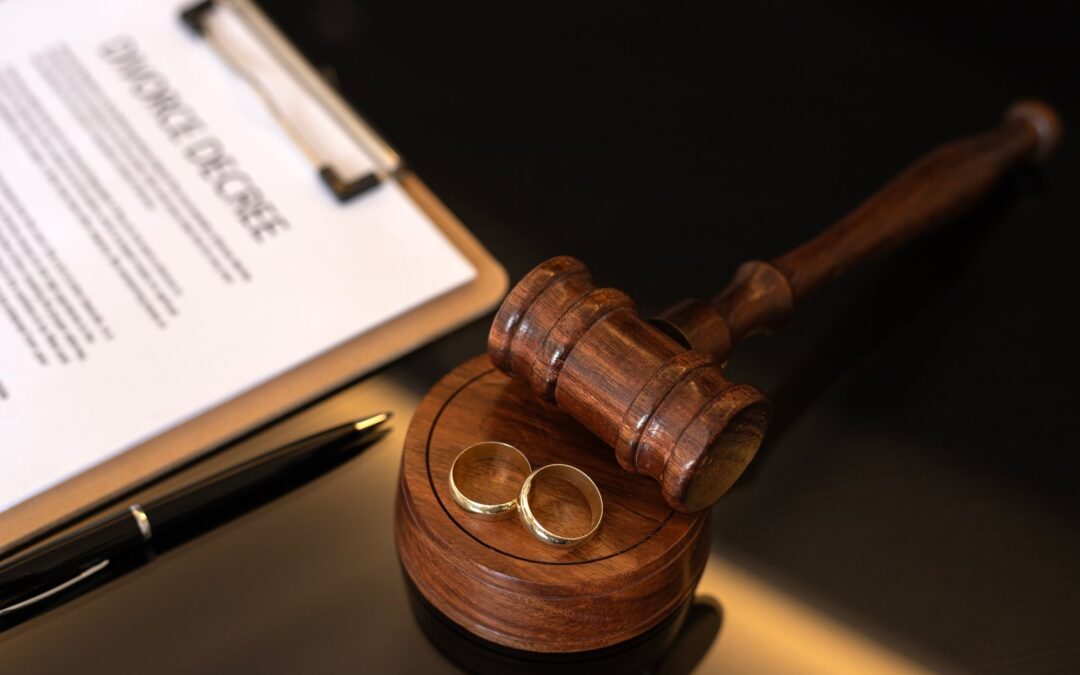Divorces are emotional. It isn’t unusual for parties to be angry and upset even in court. Judges understand this but they will also assess each party’s demeanor and ability to cooperate and follow the rules. If your negative emotions get in the way of resolving your divorce or, if you act in a way that makes you lose credibility, it can be detrimental to your case. It is relatively easy to make a good first impression with the judge by following a few simple rules.
What Should You Expect During Your First Court Appearance?
Your first meeting with the judge is a preliminary conference where the judge learns what issues are in dispute and establishes a timeline for the case so the divorce can be resolved in a timely manner. The judge will encourage you to move the case forward efficiently and settle any conflicts on your own to avoid trial. Deadlines will be established for the next steps, such as negotiating child custody and producing financial records.
If your first court appearance relates to the filing of a motion that seeks court intervention, oral argument of the issues raised therein will likely occur during the appearance.
Generally, the judge will not be finally determining your case in either of the above situations although he or she will be assessing the parties and the issues that are raised to determine the best way to proceed. Regardless, it’s always best to remain composed, stay focused on the purpose of the meeting and answer any questions concisely.
How Should You Behave During Your Divorce?
In addition to staying calm, it is crucial to be honest. Documents submitted to the court and any oral testimony should be truthful. Misrepresenting your position or your spouse’s will damage your credibility before the court.
This also includes not being evasive. Refusing to directly answer questions or leaving out pertinent information will also make it less likely that the judge will trust in what you say as the case proceeds. For example, if you were misleading early in the case and later have to litigate an issue and provide testimony, it may be more difficult to prove certain aspects of your allegations on sworn testimony because you have to overcome the damage you did to your credibility earlier in the case.
Judges know that most people try to portray themselves better than the other side. However, being dishonest, disrespectful or uncooperative will hurt your case. If you are considering divorce, contact us to learn how we can help you achieve a positive outcome in your divorce.

